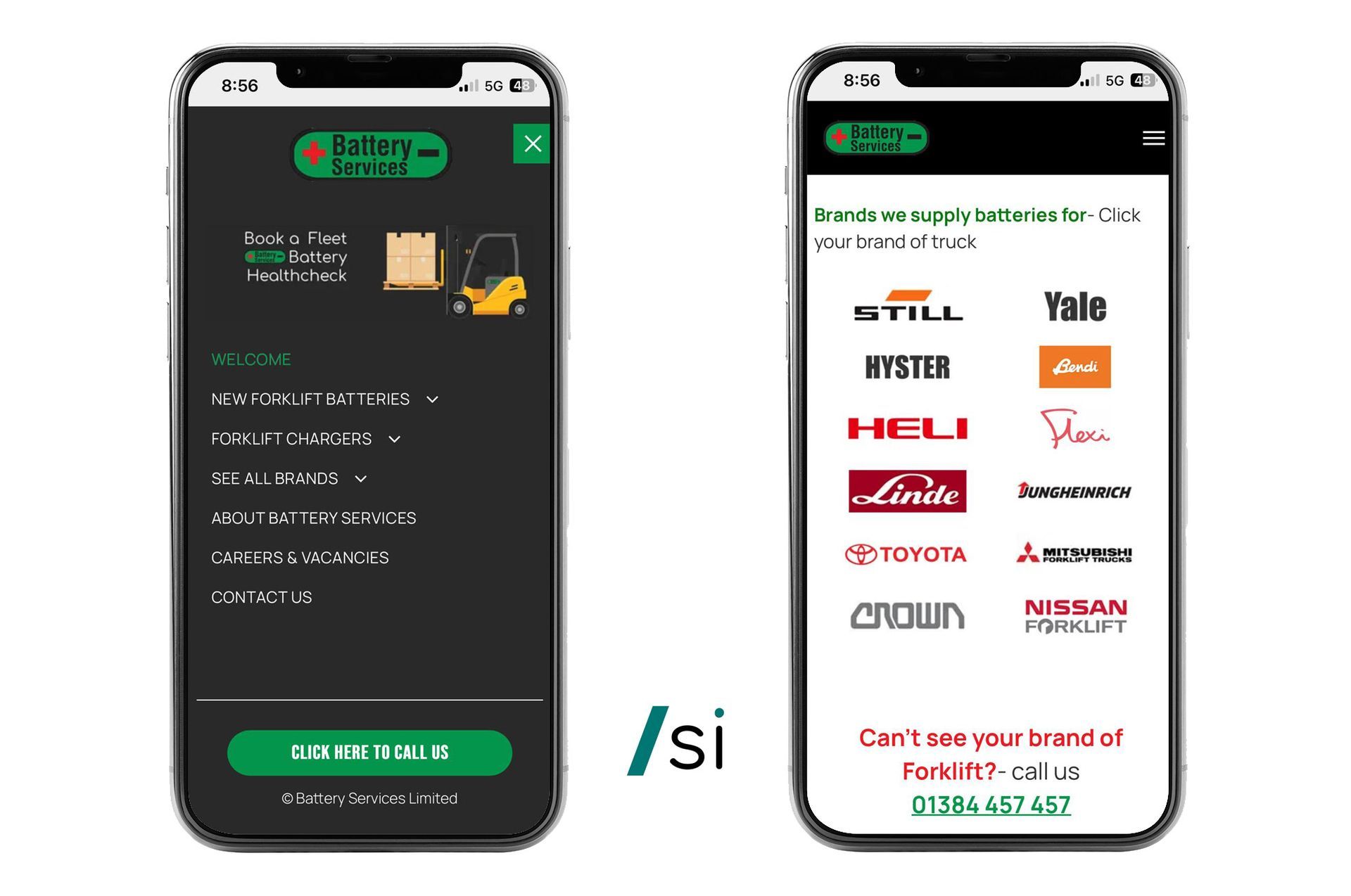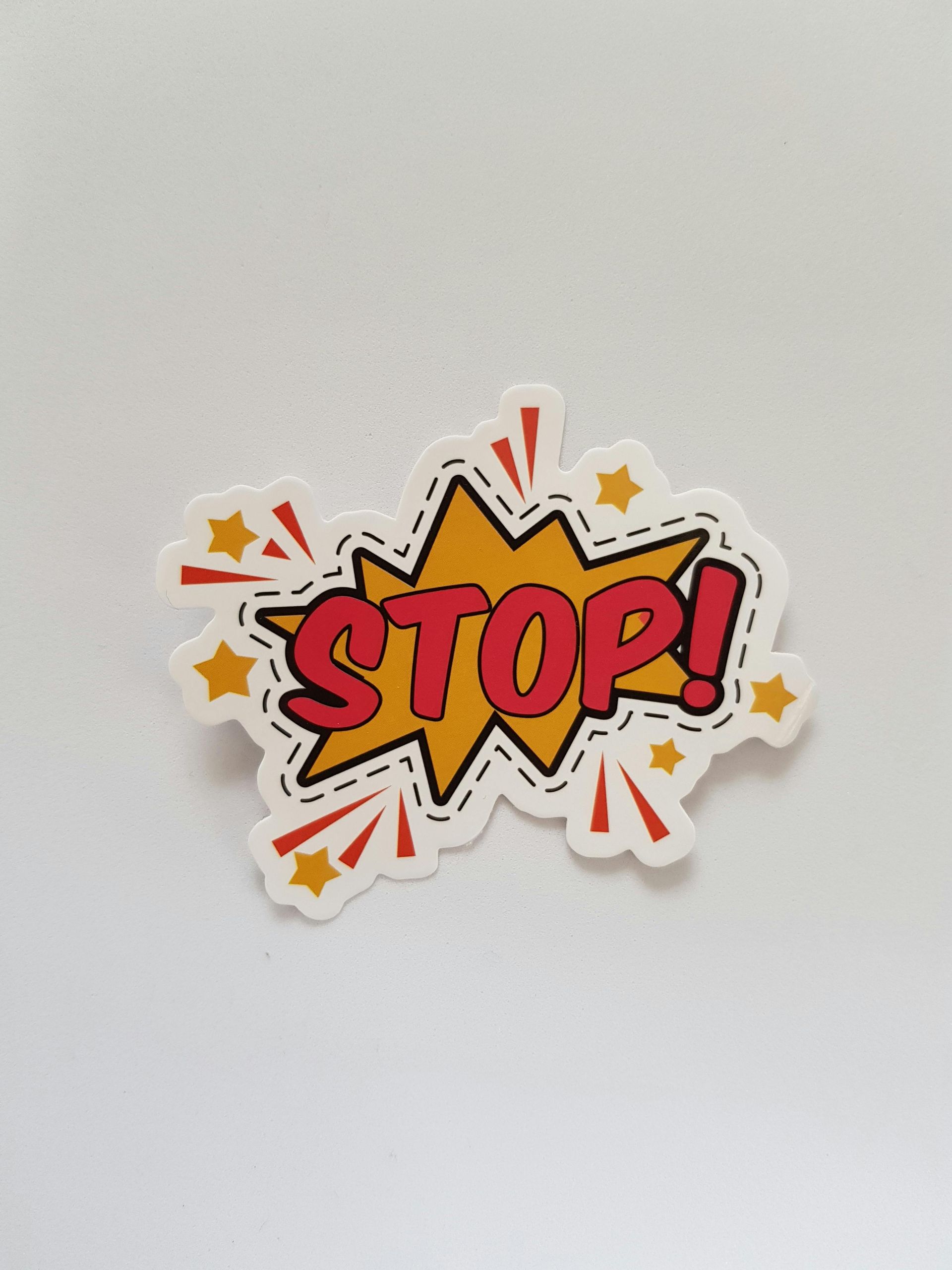The Evolution of Search - AI SEO vs. Traditional SEO
Getting ahead of your competition with smart AI SEO

The digital marketing landscape is in a state of rapid transformation, driven by the increasing influence of artificial intelligence (AI) on search. For years, businesses have relied on traditional Search Engine Optimisation (SEO) methodologies to enhance online visibility and drive organic traffic.
However, the emergence of AI necessitates a paradigm shift, giving rise to AI SEO.
This whitepaper analyses the fundamental differences between traditional and AI SEO, examines the impact of AI on search dynamics, and provides actionable insights for marketing managers and small business owners to adapt and thrive in this evolving environment.
Traditional SEO: Core Principles
Traditional SEO encompasses a set of established practices focused on optimising website content and structure to improve rankings in Search Engine Results Pages (SERPs) of algorithm-driven search engines like Google. These practices primarily target specific algorithms to achieve higher visibility.
Key components of traditional SEO include:
- Keyword Research: Identifying high-volume, relevant keywords that users enter into search engines.
- On-Page Optimisation: Optimising website content elements such as meta tags, headers, URLs, and body copy to align with target keywords.
- Link Building: Acquiring backlinks from authoritative and relevant websites to enhance domain authority and credibility.
- Technical SEO: Ensuring the website's technical infrastructure, including site speed, mobile-friendliness, crawlability, and site architecture, is optimised for search engine crawlers.
- Content Creation: Developing valuable, informative, and engaging content that aligns with target keywords and satisfies user search intent.
The Impact of AI on Search
AI is fundamentally changing how search engines discover, interpret, and rank information. AI-powered algorithms can process vast datasets, understand natural language nuances, and deliver more personalised and contextually relevant search results.
This technological advancement has led to the evolution of new search paradigms:
- Semantic Search: AI algorithms focus on the semantic meaning and user intent behind search queries, moving beyond simple keyword matching to understand the relationships between words and concepts.
- Voice Search: The proliferation of voice assistants (Siri, Alexa, Google Assistant) has driven the growth of conversational search queries, requiring optimisation for natural language.
- Generative AI: AI models (e.g., ChatGPT, Bard) can generate comprehensive and direct answers, potentially impacting organic click-through rates as users find information directly within the SERP.
AI SEO: A Strategic Imperative
AI SEO is an evolving approach that adapts to the AI-driven search landscape. It involves optimising content for AI-powered search engines and algorithms, with a focus on:
- Entity Optimisation: Identifying and optimising for key entities (people, places, things, concepts) and their relationships to enhance semantic relevance and improve contextual understanding.
- Natural Language Processing (NLP): Creating content that aligns with natural language patterns and conversational queries to improve visibility in voice search and AI-driven results.
- User Intent: Deeply understanding the "why" behind user searches, optimising content to directly address their informational, navigational, or transactional needs.
- Structured Data: Implementing schema markup to provide search engines with explicit signals about the meaning and context of website content, facilitating accurate indexing and display in rich results.
- E-E-A-T: Demonstrating Expertise, Experience, Authority, and Trustworthiness in content creation and website management to align with AI algorithms' quality assessment criteria.
The Impact of AI on the Search Landscape
- SERP Evolution: AI is reshaping SERPs, leading to the prominence of featured snippets, knowledge graphs, and AI-generated summaries, impacting organic click-through rates.
- Changing Search Behaviour: Users are increasingly adopting voice search and conversational interfaces, resulting in longer, more natural language queries.
- Emphasis on Content Quality: AI algorithms prioritise high-quality, accurate, and trustworthy content that provides genuine value to users, penalising thin or manipulative content.
- Personalised Search Experiences: AI enables search engines to deliver highly personalised search results based on user history, location, and preferences, increasing the need for tailored content strategies.
- Evolving Ranking Factors: Traditional ranking factors like backlinks may decrease in importance as AI algorithms prioritise semantic relevance, contextual understanding, and user satisfaction metrics.
Strategic Implications for Marketing Managers and Small Business Owners
To remain competitive in the AI-driven search landscape, marketing managers and small business owners must adopt a hybrid approach, integrating the principles of both traditional and AI SEO.
Key strategies include:
- Embrace AI SEO Principles: Prioritise user intent, natural language optimisation, and entity-focused content creation.
- Invest in High-Quality Content: Develop valuable, accurate, and engaging content that demonstrates E-E-A-T, establishing topical authority and building trust with both users and search engines.
- Optimise for Voice Search: Target long-tail keywords and conversational queries, and structure content in a question-and-answer format.
- Implement Structured Data: Utilise schema markup to provide search engines with clear signals about the meaning and context of website content, enhancing eligibility for rich results and knowledge graph inclusion.
- Monitor AI-Driven SERP Changes: Stay informed about the latest AI-powered search features and adapt strategies to maintain visibility in evolving search results. Using tools like MOZ and AHREFS for example to monitor change, plan and optimise for users.
- Leverage AI-Powered Tools: Utilise AI-driven tools for keyword research, content optimisation, performance analysis, and automation to improve efficiency and effectiveness.
How we can help
/ S i Design recognises the transformative power of AI in SEO and employs a holistic approach that combines cutting-edge AI technologies with proven SEO strategies.
Our methodology and basis for improvements is centred on:
- Deep User Intent Analysis: / S i Design leverages advanced AI-powered tools to analyse search queries, identify nuanced user intent, and develop content strategies that align with specific user needs across the customer journey.
- Natural Language Optimisation: / S i Design crafts content that is both human-friendly and AI-optimised. They utilise NLP techniques to ensure seamless comprehension by search engine algorithms and voice assistants, enhancing visibility in conversational search.
- Authority and Trust Building: / S i Design prioritises the creation of high-quality, authoritative content that showcases expertise, demonstrates experience, and builds trust with both users and search engines, aligning with E-E-A-T guidelines.
- Strategic Use of Structured Data: / S i Design implements comprehensive schema markup strategies to provide search engines with explicit context about website content, improving visibility in rich results, knowledge graphs, and other enhanced search features.
- Continuous Adaptation and Innovation: / S i Design remains at the forefront of AI-driven search trends, continuously adapting their strategies and experimenting with new AI tools to ensure clients maintain a competitive advantage in the dynamic search landscape.
By partnering with S i Design, businesses can leverage the power of AI to enhance their SEO efforts, improve their online visibility, and drive sustainable growth in the ever-evolving world of search.
Conclusion
AI is rapidly reshaping the search landscape, presenting both challenges and opportunities for businesses. Marketing managers and small business owners must embrace this evolution by integrating AI SEO principles into their strategies. By understanding the key differences between traditional and AI SEO and adopting a forward-thinking approach, businesses can future-proof their SEO efforts, enhance their online visibility, and drive sustainable growth in the AI-powered era of search.
#1
Web Design and Digital Marketing
100's
Happy clients to date
FREE
Consultation
Get found with Presence
What's the point of having a website if no one can find it. Organic SEO and Digital Placement for getting found.
Designed for your users
We design for your users to convince them that you can help. After the SEO phase found them, it's time to convert them.
On every device
From smart phones, watches, ipads and 100" TV screens, designed to work on all devices and any screen.
Build Campaigns at your fingertips
Build loyalty and track what works -Interact, capture in a CRM and market to your audience with email marketing newsletters, offers, stories and more.
Consultancy Services to support you
As digital solutions specialists we support you with sales and marketing, to helping find solution suppliers, to coaching design teams and sales teams.
Don't get left behind - have Presence
Talk to us about making your brand unique, have a voice and get seen and found online.
See our latest projects and work




